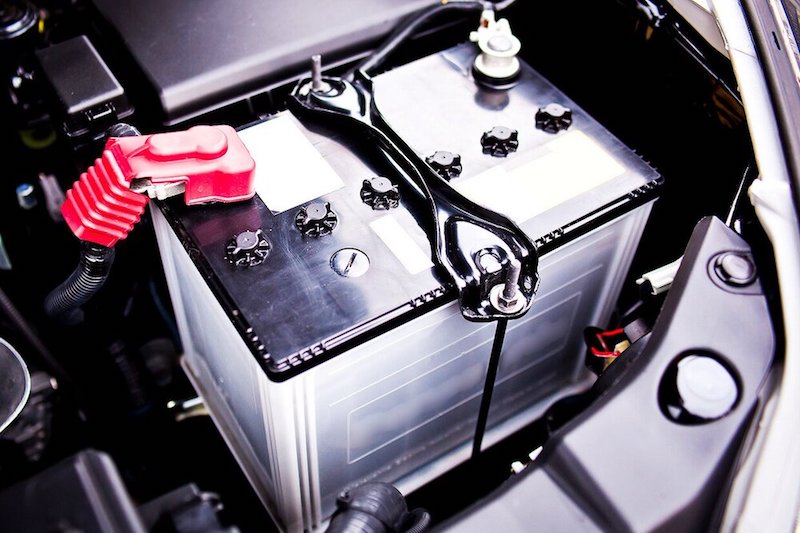
Nigeria’s automotive sector is facing a surge in fake batteries due to a shortage in recycling infrastructure, industry insiders familiar with the matter have said.
The PUNCH reported that Nigeria loses above N150bn to fake, low-grade car batteries imported annually into Nigeria from various parts of the world.
“In Nigeria, automotive batteries, instead of being recycled into new batteries, are typically subjected to a refurbishing process,” a Battery and Power Systems Analyst at DM Lustrous Cars Ltd, Victor Ezeali, said in an interview with The PUNCH.
Refurbishing involves restoring used batteries to a functional state, often by replacing worn-out parts or recharging the battery’s cells.
This practice of refurbishing, as opposed to recycling, means that the components of the old batteries are not broken down and repurposed to create new batteries.
Recycling, on the other hand, involves the process of collecting, breaking down, and reusing the materials from used batteries to manufacture new ones, thus reducing the environmental impact and promoting sustainability.
Ezeali said the absence of adequate recycling infrastructure in Nigeria is a major obstacle, leading to the refurbishment of auto batteries instead of adopting eco-friendly recycling methods.
He stated, “Nigeria possesses abundant mineral resources capable of supporting the establishment of a battery plant, specifically for the automotive industry. However, I have yet to witness any concrete roadmap for the development of such a facility.
Analysts at Data Bridge Market Research estimated Nigeria’s Battery Market at $73.08bn in 2021. It is projected to grow at a CAGR of 6.80 percent between 2022 and 2029, reaching $136.47bn by 2029.
Further, Ezeali said batteries used in Nigeria are imported from Korea and China, including low-capacity batteries from various brands.
“Unfortunately, many of these batteries which come with a supposed two-year warranty fail within just eight months or even less,” he said.
“One common issue with these counterfeit batteries is acid leakage, often caused by expiration before importation to Nigeria.
“Consequently, buyers are forced to replace them within six months, leading to unnecessary corrosion. Beyond this inconvenience, these counterfeit batteries also pose significant environmental risks.
“Those involved in selling these batteries typically strip them of metals, add acid, and resell them to Nigerians without conducting the necessary quality tests.
“Proper manufacturing and recycling processes involve stringent quality checks that determine the batteries’ performance. Unfortunately, the so-called recycling practices in Nigeria lack these essential tests, resulting in batteries that lack longevity,” he concluded.
The President of Automobiles and Road Safety Initiative, Samuel Oriowo, in a note sent to The PUNCH last week, spotlighted the potential dangers of low-quality batteries, emphasizing the risks they pose to motorists and their passengers’ health.
He said these subpar batteries not only drain finances but also have a significantly reduced lifespan of below 12 months, falling far short of the global recommendation of around 48 months and more.
A few months ago, the National Agency for Science and Engineering Infrastructure and a Chinese firm, LEMI Technology, had a Memorandum of Understanding on the manufacturing of lithium batteries in Nigeria.
The Executive Vice Chairman of NASENI, Dr. Bashir Gwandu had also stated that the Federal Government “would welcome any company who gets to us first” and that the Agency was prepared to cooperate with businesses that were willing to set up plants in Nigeria for the production of lithium batteries.














